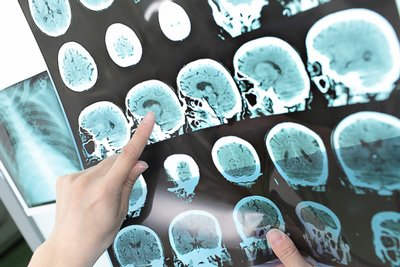New set of genes associated with stroke identified
Posted: 8 April 2016 | Victoria White, Digital Content Producer | No comments yet
Researchers identified a new gene called FOXF2 which increased the risk of having a stroke due to small vessel disease in the brain…


Researchers have identified a new set of genes that may be responsible for the two most common and disabling neurological conditions, stroke and dementia.
The study may help researchers better understand, treat and prevent ischemic and haemorrhagic stroke, and perhaps Alzheimer’s disease and other dementias.
Stroke is the leading neurological cause of death and disability worldwide. Previous studies have looked mainly at genes causing atherosclerosis and genes affecting the function of platelets and clotting processes as risk factors for ischemic stroke (clot obstructing blood flow to the brain). A different set of genes have been associated with haemorrhagic stroke (bleeding into the brain).
Researchers from Boston University School of Medicine looked for new stroke genes using genome wide association as well as meta-analysis. They identified a new gene called FOXF2 which increased the risk of having a stroke due to small vessel disease in the brain. No previous study has identified a gene for the common type of small vessel disease stroke although some genes associated with familial small vessel diseases such as CADASIL are known.
Unravelling the mechanisms of small vessel disease
“Our research has identified a gene affecting another type of ischemic stroke, due to small vessel disease, and also suggests some genes may be associated with both ischemic and haemorrhagic stroke and may act through a novel pathway affecting pericytes, a type of cell in the wall of small arteries and capillaries. Unravelling the mechanisms of small vessel disease is essential for the development of therapeutic and preventive strategies for this major cause of stroke,” explained corresponding author Sudha Seshadri, MD, professor of neurology at BUSM.
According to the researchers small vessel disease not only causes stroke but is also a major contributor to dementia risk, and is associated with gait problems and depression. “Hence, it is exciting that we are beginning to better understand the cause of this very important and poorly understood type of stroke,” she added.
Related conditions
Alzheimer’s disease, Dementia, Stroke
Related organisations
Boston University
Related people
Sudha Seshadri MD


